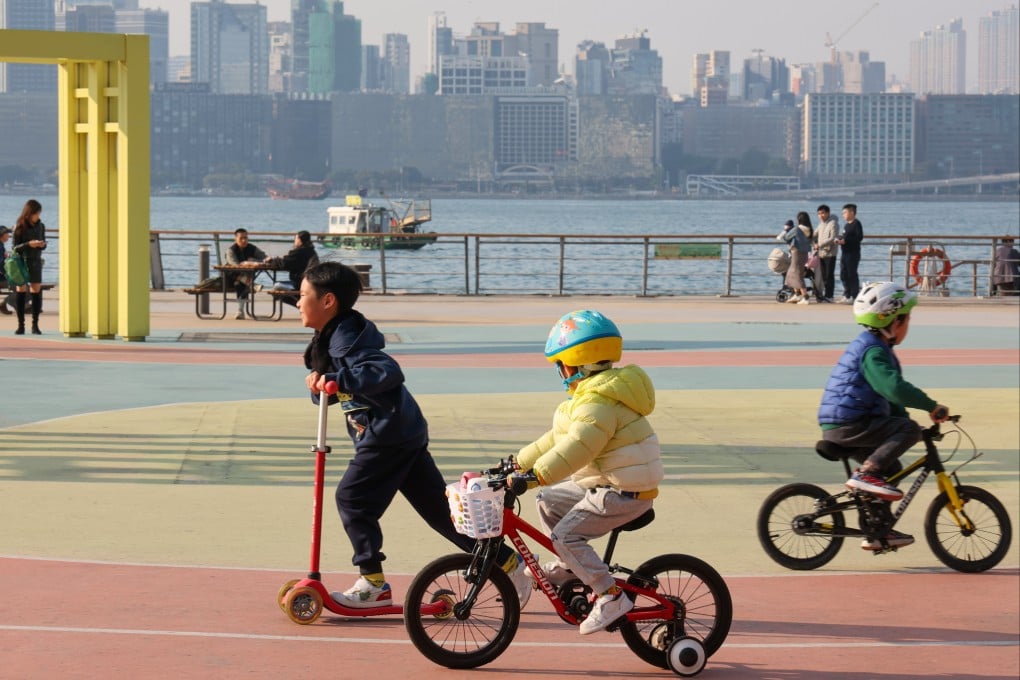Letters | All enrichment and no free play makes our children unhealthy
Readers discuss the value of unstructured play, the monetisation methods of video games, and Europe’s attitude towards China

It always starts with the best intentions. Many parents are keen to expose their children to a whirlwind of enrichment from an early age – language classes, drawing lessons, STEM workshops, competitive sports – in the hope of giving them an edge in a society where more skills and achievements seem to improve prospects. However, there is a fine line between enrichment and exhaustion.
Too often, children must cope with the unintended consequences of overscheduling, becoming physically drained and emotionally overwhelmed. The rush to optimise every waking moment comes at the expense of not just free time but also family bonding, well-being and the simple joy of being a kid.
While extracurricular activities can be beneficial, overdoing them might be counterproductive. In 2021, researchers found that when preschoolers spent over eight hours per week on extracurriculars, their maths skills declined and their social skills stagnated. Paradoxically, the drive to optimise performance could cause disengagement and anxiety while depriving children of the opportunities to develop social and emotional intelligence through free play and quality family time.
What children need is a balance between structured learning and unstructured play. Play isn’t a distraction from learning – it is learning. Whether it is building with blocks, engaging in imaginative play with friends or exploring nature on a family hike, unstructured activities serve as a hidden classroom for decision-making and self-discovery.